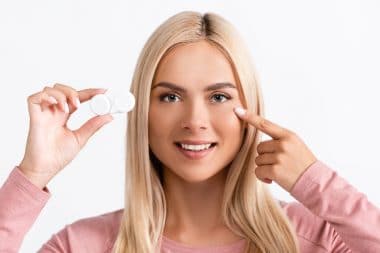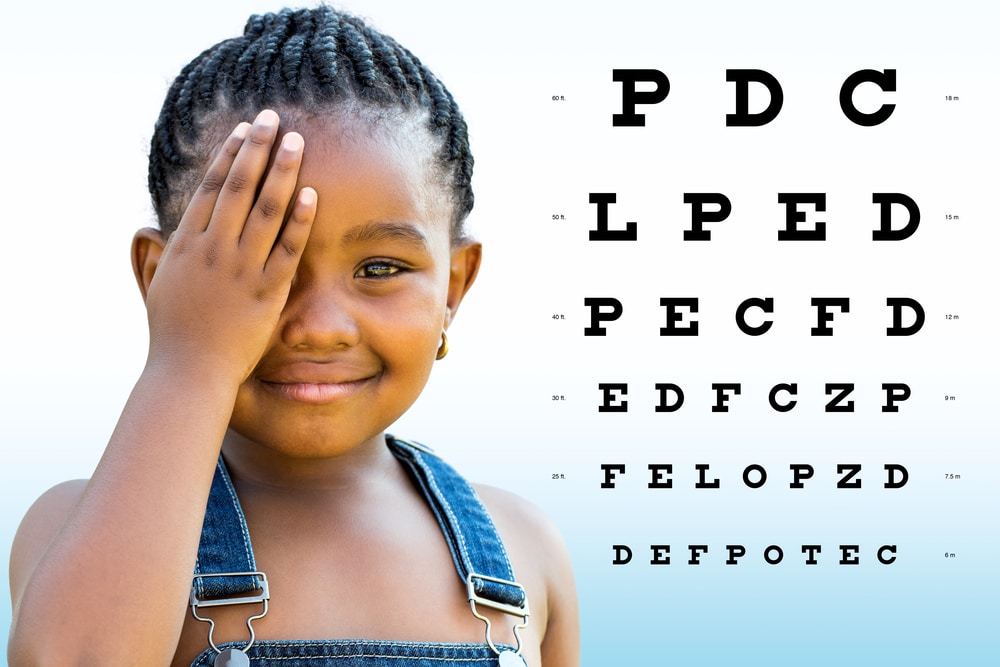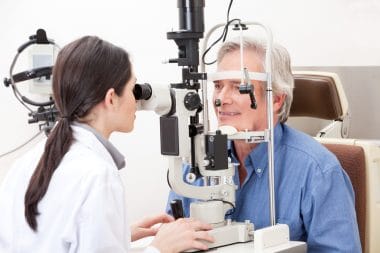Most of us were forced to eat carrots as kids “to get better vision”, according to our mothers. We grew up believing that rabbits crunching carrots all have excellent eyes, and we had cartoons to support our, and our mothers’, belief. It would seem logical to believe that, if we continue eating carrots long into our old age, we would continue to see well and avoid dreaded cataract. Scientists are not so sure about that.
What is cataract?
Scientists define cataract as a ” “clouding of the lens of the eye.” When we get to the age of about 45, the shape of the lens in our eye stops being able to change and focus on an object, so the objects start getting blurry. The reason for this natural process of ageing is the break down of protein in the eye, making the lens cloudy. By the time we are 75, all of us have cataract to some extent.
Cataract and antioxidants
A large ten-year long study of about 35,000 women was conducted in order to find out if regular intake of antioxidants vitamin E and lutein, both food or supplements, could reduce the risk of cataracts in women. The results are encouraging: women who were taking vitamin E reduced their risk of cataract by 14 percents and those who were taking lutein by 18 percents.
The best sources of vitamin E are leafy green vegetables, nuts and whole grains. Foods rich in lutein are fruits and vegetables, especially spinach, cale and corn.
Not proven
But, another study, also published in Ophthalmology, found no significant difference in the number of cases of cataract in older women, whether they were taking vitamin E or not. The researchers claim that the link between the consumption of vitamin E and lower risk of cataract is ” Ëœobservational” ™ and not supported by their study. As a consolation, scientists say that they did not find any harm in taking vitamin E supplements, or from taking vitamin E from food.
Until the next study, which will prove one of the two existing studies wrong, we should stick to a good old rule of healthy nutrition rich in fruits, vegetables and whole grains. We know that they are rich in anti-oxidants, vitamin E and lutein and that they are good for our general health and well-being. Whether they will prevent cataract for as long as possible is not sure, but there is no harm in trying.
June is declared by the US Department of Health as a Cataract Awareness Month.







Reply